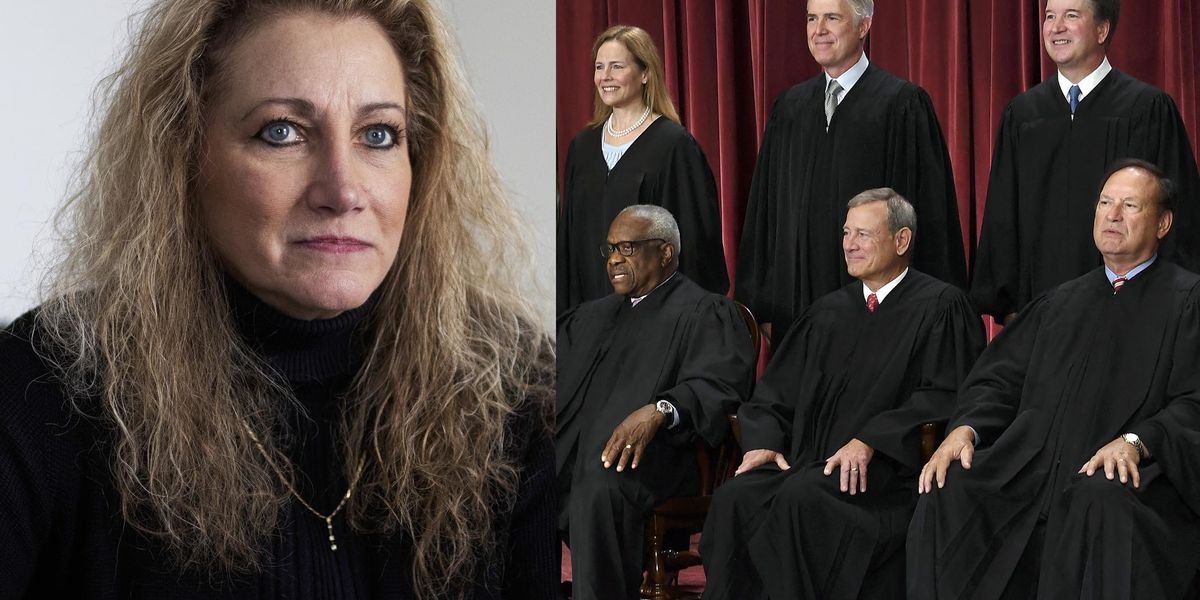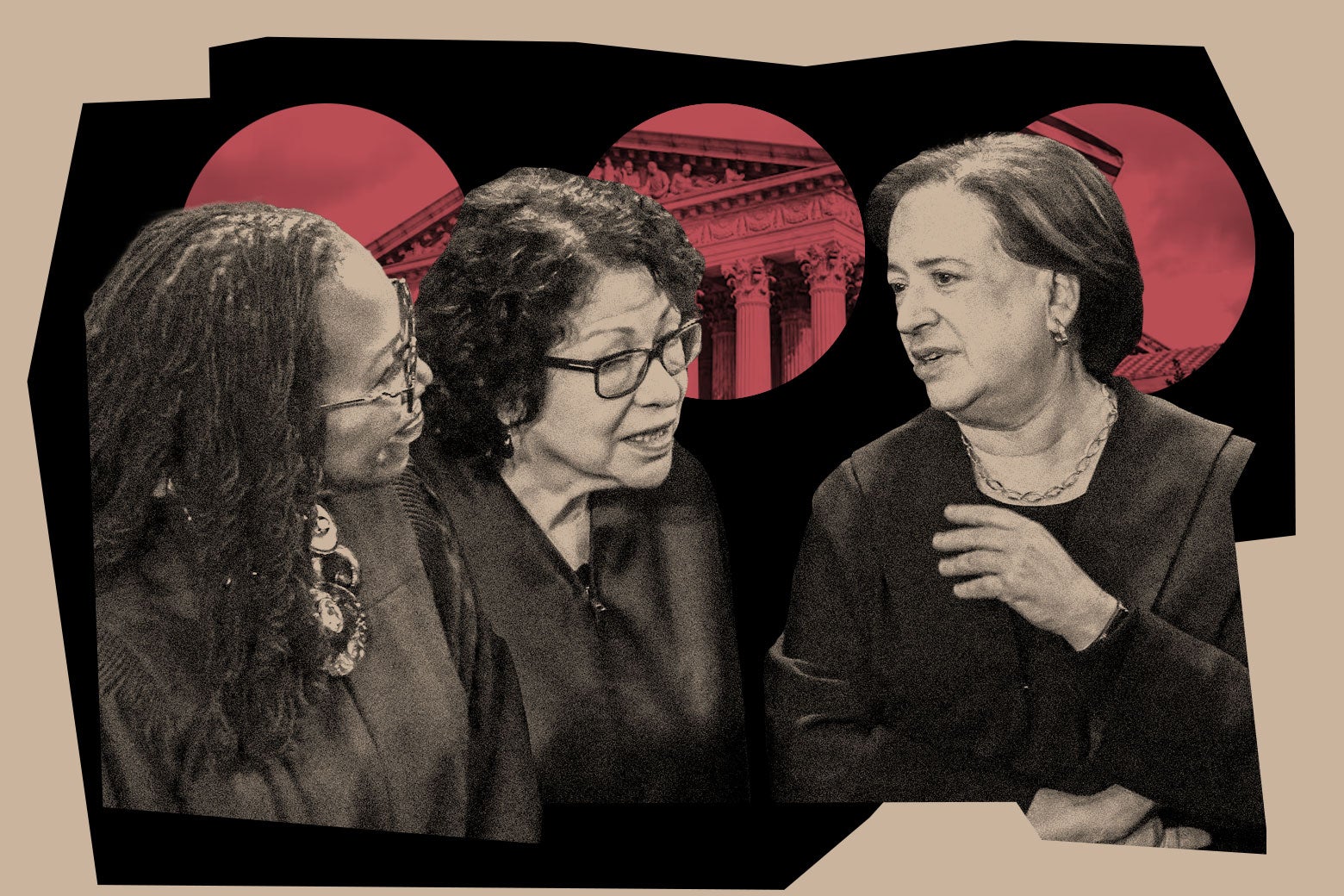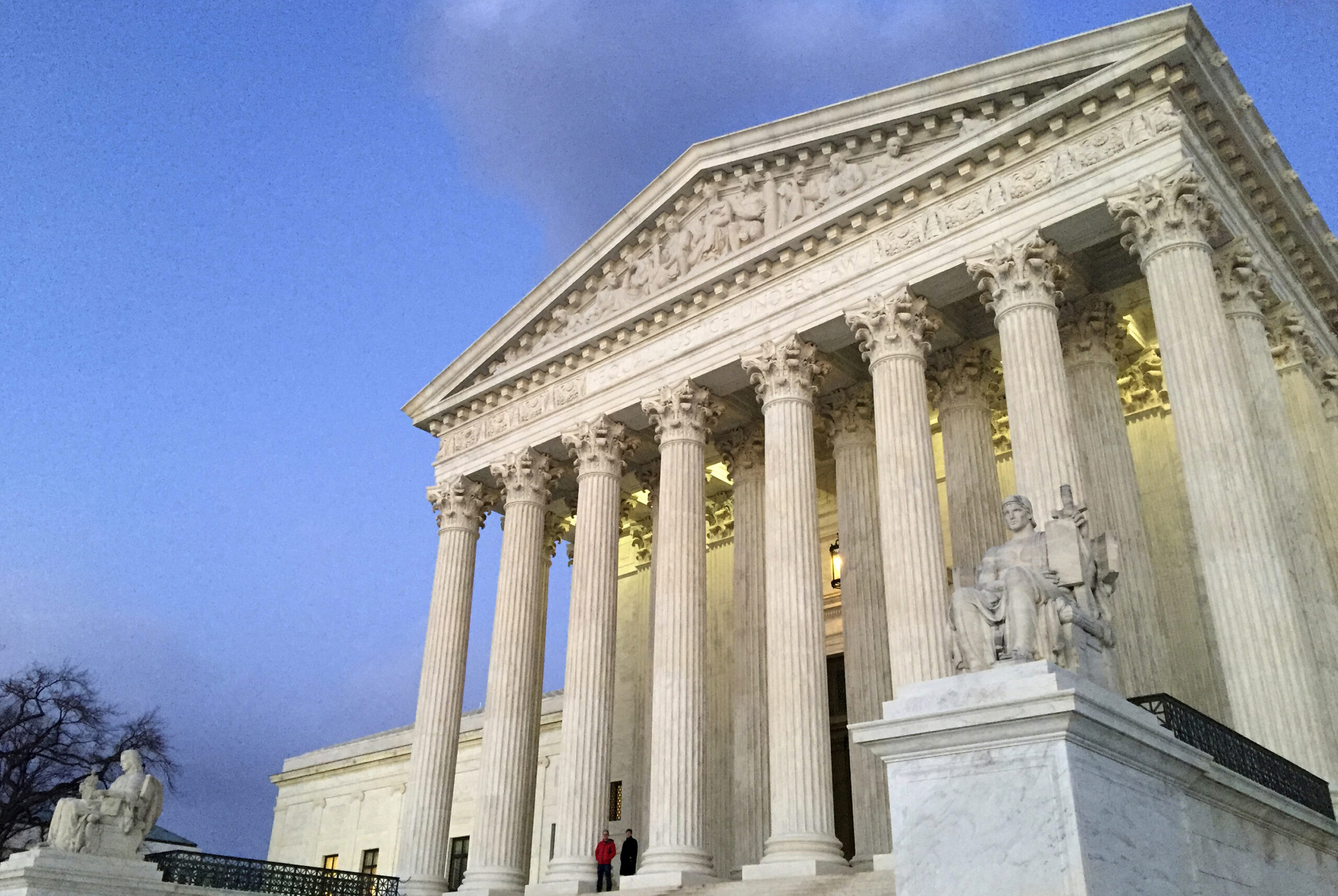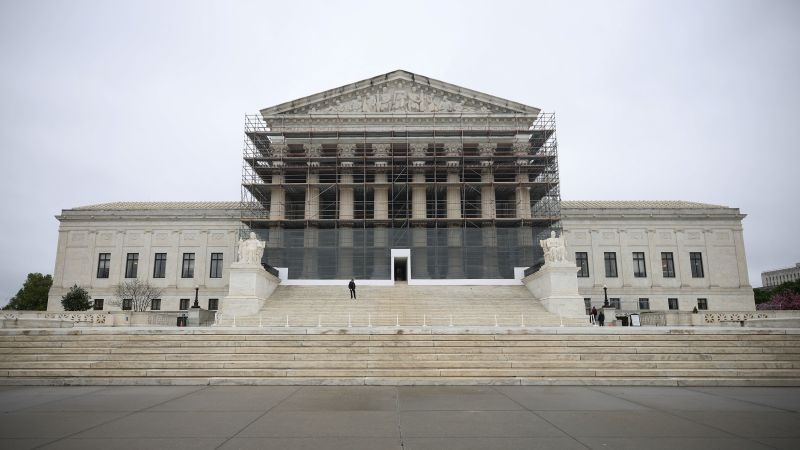Supreme Court Rules on Discrimination Standards for Majority Groups in Ames Case
The Supreme Court unanimously ruled that majority group members can file discrimination lawsuits without heightened evidentiary standards, impacting future cases across the U.S.
Overview
In a landmark ruling, the Supreme Court unanimously decided that majority group members, including heterosexuals, can file discrimination lawsuits without facing higher evidentiary standards. The case, Marlean Ames v. Ohio Department of Youth Services, challenged previous requirements for majority group plaintiffs. Justice Ketanji Brown Jackson stated that Title VII of the Civil Rights Act applies equally to all individuals, regardless of group identity. This ruling overturns a lower court's decision that imposed a 'background circumstances' requirement, allowing Ames to pursue her case after being denied a promotion and later demoted due to her sexual orientation. The ruling emphasizes that the burdens of proof in discrimination cases should not vary based on the identity of the plaintiff, reinforcing the principle that justice must be universal.
Report issue

Read both sides in 5 minutes each day
Analysis
- The articles present a mix of neutral and positive tones regarding recent Supreme Court rulings on workplace discrimination.
- Key narratives emphasize the empowerment of individuals, particularly from majority groups, to pursue discrimination claims more easily.
- The overall sentiment reflects a significant legal shift towards equality in anti-discrimination protections for all individuals.
Articles (30)
Center (8)
FAQ
The Supreme Court ruled that majority group members should not need to satisfy a 'heightened evidentiary standard' or the 'background circumstances' rule in order to prove discrimination under Title VII.
The legal basis was Title VII of the Civil Rights Act, as the Court stated it applies equally to all individuals and does not impose a higher standard of proof on majority group plaintiffs.
This ruling allows majority group members, such as heterosexuals, to file discrimination lawsuits under the same evidentiary standards as minority group members, preventing disparate burdens of proof based on group identity and potentially broadening access to justice.
The plaintiff was Marlean Ames, a heterosexual woman who alleged she was passed over for promotion and later demoted at the Ohio Department of Youth Services in favor of LGBTQ candidates due to her sexual orientation.
The Supreme Court clarified that the *McDonnell Douglas* framework does not require majority group plaintiffs to meet a higher evidentiary standard; all plaintiffs must be held to the same prima facie burden regardless of their group status.
History
- 5M

 4 articles
4 articles
- 5M

 6 articles
6 articles


























